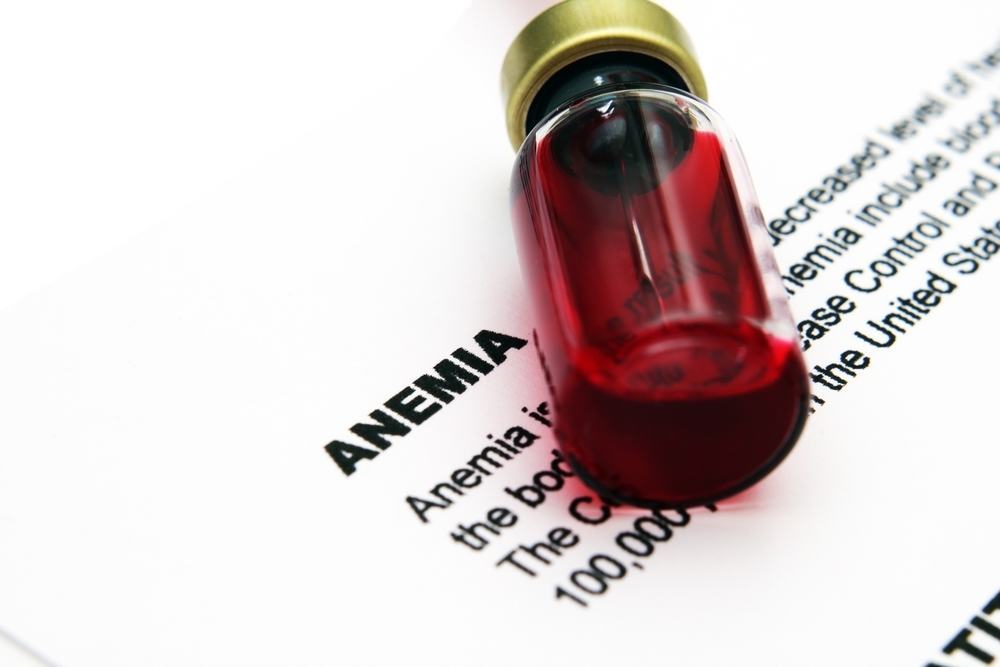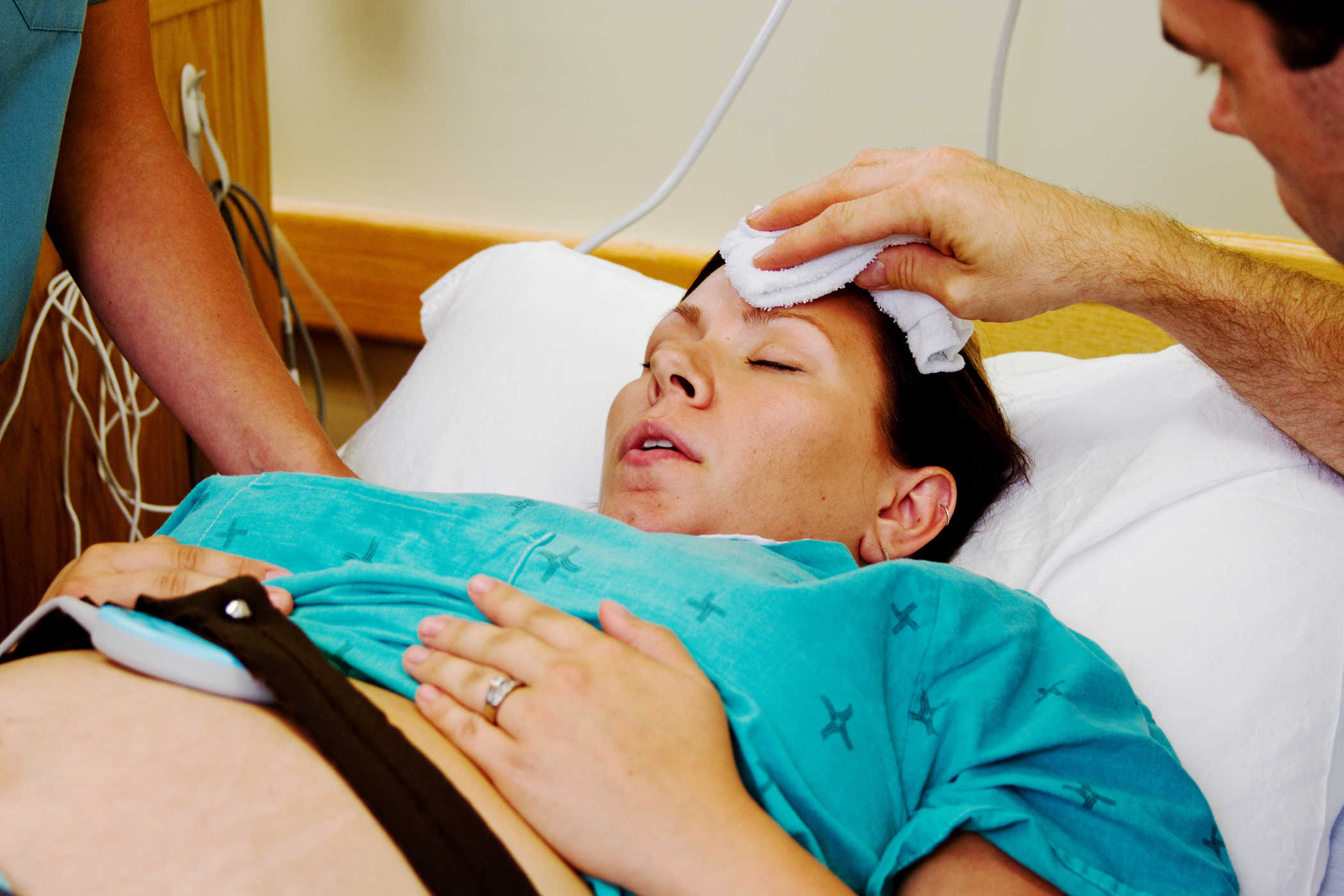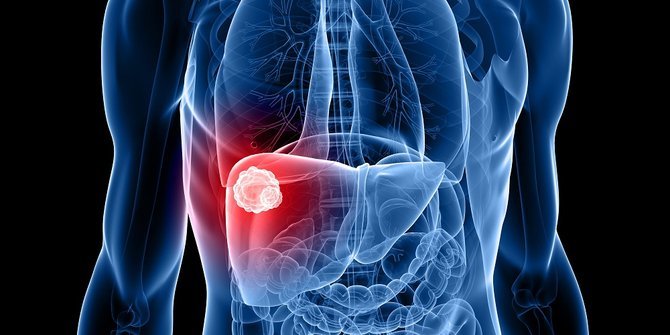Contents:
- Medical Video: Acid Reflux & Heartburn : Acid Reflux Disease & Pregnancy
- 7 ways to deal with stomach acid during pregnancy
- 1. Change your eating habits
- 2. Drink a drink that gives warmth
- 3. Sleep in a comfortable position
- 4. Keep your weight in the normal range
- 5. Wear loose clothes
- 6. Use antacid drugs
- 7. Don't smoke
Medical Video: Acid Reflux & Heartburn : Acid Reflux Disease & Pregnancy
Gastric acid during pregnancy is a natural thing that happens. This condition, medically known as GERD (gastroesophageal reflux disease), occurs when stomach acid rises into the esophagus or esophagus, causing a feeling of heat in the chest (heartburn) GERD can be caused by hormonal influences when you are pregnant which makes your digestive system move more slowly. In addition, it can also be caused by pressure on the stomach produced by the uterus which continues to grow, especially in the second and third trimesters of pregnancy.
7 ways to deal with stomach acid during pregnancy
Increased stomach acid during pregnancy, of course makes you feel uncomfortable. However, you don't need to worry because there are several ways to reduce it.
1. Change your eating habits
This is the best way to deal with your stomach acid disorder. Some of the things you need to change related to your eating habits are:
- Eat small but frequent meals.
- Eat slowly, don't rush.
- Do not immediately lie down or sleep after you eat. At least you have to wait 2-3 hours after eating, if you want to lie down or sleep. Give your stomach time to process the food you just ate. For that, you are not advised to eat dinner near bedtime.
- It's best to avoid chocolate and mint because these two foods can make your stomach acid disorder worse. Chocolate and mint can make the muscles of the esophagus (the channel that connects the esophagus and stomach) relax, so that stomach acid can rise into the esophagus.
- Also avoid spicy, sour and coffee foods. These foods can also make stomach acid disorders worse in some people. If you feel discomfort after eating these foods, you should stop eating. You can choose other foods that do not worsen your stomach acid.
- Avoid drinking too much while you eat, this will make your stomach full so you feel uncomfortable. Drinking plenty of water during pregnancy is recommended, but choose the right time, not as long as you eat.
- Try to chew gum after eating. Chewing gum can make saliva production increase, so it can help neutralize the acid that rises into the esophagus.
2. Drink a drink that gives warmth
You might be able to try drinking warm ginger water to relieve the symptoms of acid reflux. Ginger can also eliminate the feeling of nausea and vomiting that you normally experience while pregnant. Or, maybe you can make a glass of warm milk or chamomile tea to make you feel more comfortable.
3. Sleep in a comfortable position
If you often experience acid reflux during pregnancy, you should sleep with a pillow that is higher than usual. The position of your head and upper body part that is higher than the position of the stomach will help keep stomach acid from rising upwards. This can also help work your digestive system.
In addition, you may be more comfortable to sleep in a position facing left. Sleeping in a position facing the right makes your stomach position higher than the esophagus, so you can feel it heartburn.
4. Keep your weight in the normal range
When you are pregnant, you need to increase your weight in an effort to support your health and the baby in the womb. However, too much amount of weight gain during pregnancy is also not good. Being overweight during pregnancy allows you to experience acid reflux during pregnancy, because the stomach is compressed by your large uterus. For that, you have to keep your weight in the normal range during pregnancy. Preferably, consult with your doctor how much weight gain you should achieve during pregnancy.
5. Wear loose clothes
When pregnant, wear clothes that are loose and provide comfort when you wear them. Wearing tight clothing (especially around the waist and abdomen) can put more pressure on your stomach, so this can worsen stomach acid disorders.
6. Use antacid drugs
Antacids are drugs commonly used to treat stomach ulcers or increase stomach acid. The content of magnesium or calcium in antacids can relieve the discomfort you feel. However, you should be careful when choosing antacids when you are pregnant. Because, antacids containing sodium bicarbonate can cause fluid retention or swelling. Also, you should avoid antacids containing aluminum because it can cause constipation and can cause poisoning at high doses. Choose antacid drugs that do not contain high levels of sodium, aluminum, or aspirin.
7. Don't smoke
If you smoke, you should stop smoking when you are pregnant. Apart from because smoking has a negative effect on your health and your baby's pregnancy, smoking can also increase your stomach acid.
READ ALSO
- 10 Foods That Often Trigger Stomach Acid Problems
- Normally If Stomach Cramps Often Occur When Pregnant?
- How to reduce hemorrhoids and vaginal swelling during pregnancy












